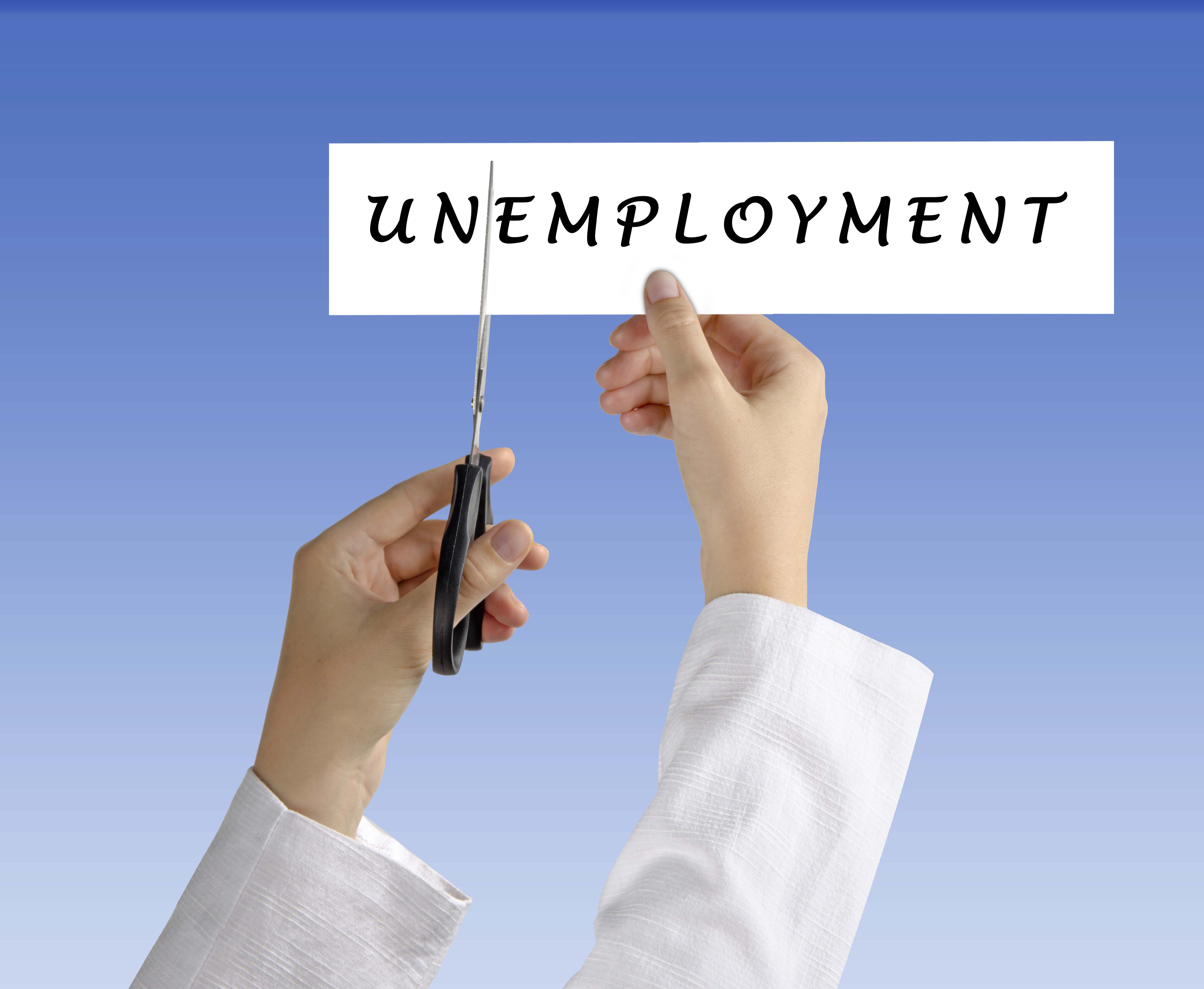Household Bills
Unemployment at 11-year low as labour market shows Brexit resilience

Unemployment in the UK fell by 52,000 to 1.60 million in the three months to November 2016, while wage growth ticked up slightly, official figures reveal.
The unemployment rate for the period was 4.8% – the lowest since July to September 2005 -and down from 5.1% a year earlier, according to the Office for National Statistics (ONS).
The employment rate – the proportion of people aged 16 to 64 in work – was 74.5%, virtually unchanged from the three months to August 2016, but slightly higher than a year earlier at 74%. It remains the joint highest level since comparable records began in 1971.
There were 31.80 million people in work, little change from the previous three-month period but 294,000 more than for a year earlier.
Wage growth rose by 2.8% (including bonuses, 2.7% excluding them) in the three months to November, slightly up from 2.6% recorded in the three months previously.
Ben Brettell, senior economist at Hargreaves Lansdown, said: “The UK labour market continues to surprise with its resilience to the Brexit shock. This is yet more evidence that the labour market and the wider economy have fared better than expected since June’s referendum – something which is now being recognised by Mark Carney and his Bank of England colleagues.
“Last week Michael Saunders, who joined the Bank’s monetary policy committee last August, said unemployment could remain below 5% for an extended period, confounding expectations that the vote to leave the EU would lead to rising joblessness. In its November inflation report the Bank forecast the rate would rise to 5.4% by the end of this year.”
On wage growth, Brettell said the uptick is good news for households who are finding their budgets squeezed by higher inflation and it’s also good news for consumer spending and economic growth.
“However, it could also be an indicator of some tightening in the labour market. When an economy gets close to full employment, firms need to offer higher pay to attract workers, which in turn can push up inflation. Wage growth is predicted to weaken during the course of the year, but nevertheless it’s something the Bank of England will be keeping a close eye on,” he said.